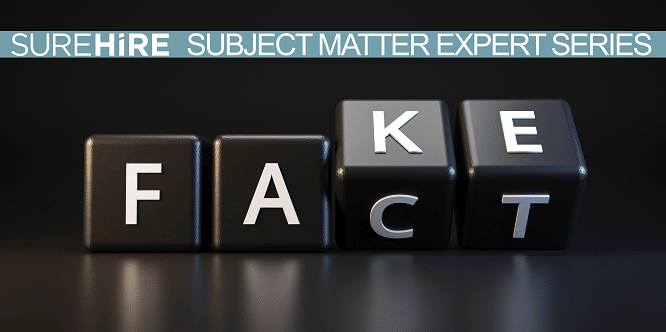Pot Topics Series
When it comes to drug testing, there are a number of common myths out there to weed through—pun intended. In this article, Subject Matter Expert, Wayne St. John, debunks 5 common drug testing myths that continue to cause much confusion in the industry.

Subject matter experts (SMEs) offer authority in specialized areas. They may have special certifications, degrees, or doctorates as well as unique experience or knowledge in particular industries or business settings. Learn more about SME author, Wayne St. John.
5 Drug Testing Myths Exposed
1. Eating poppy seeds will result in a failed drug test for opiates.
We’ve all watched that episode of Seinfeld where an innocent poppy seed muffin turns into a positive drug test, but is it true?
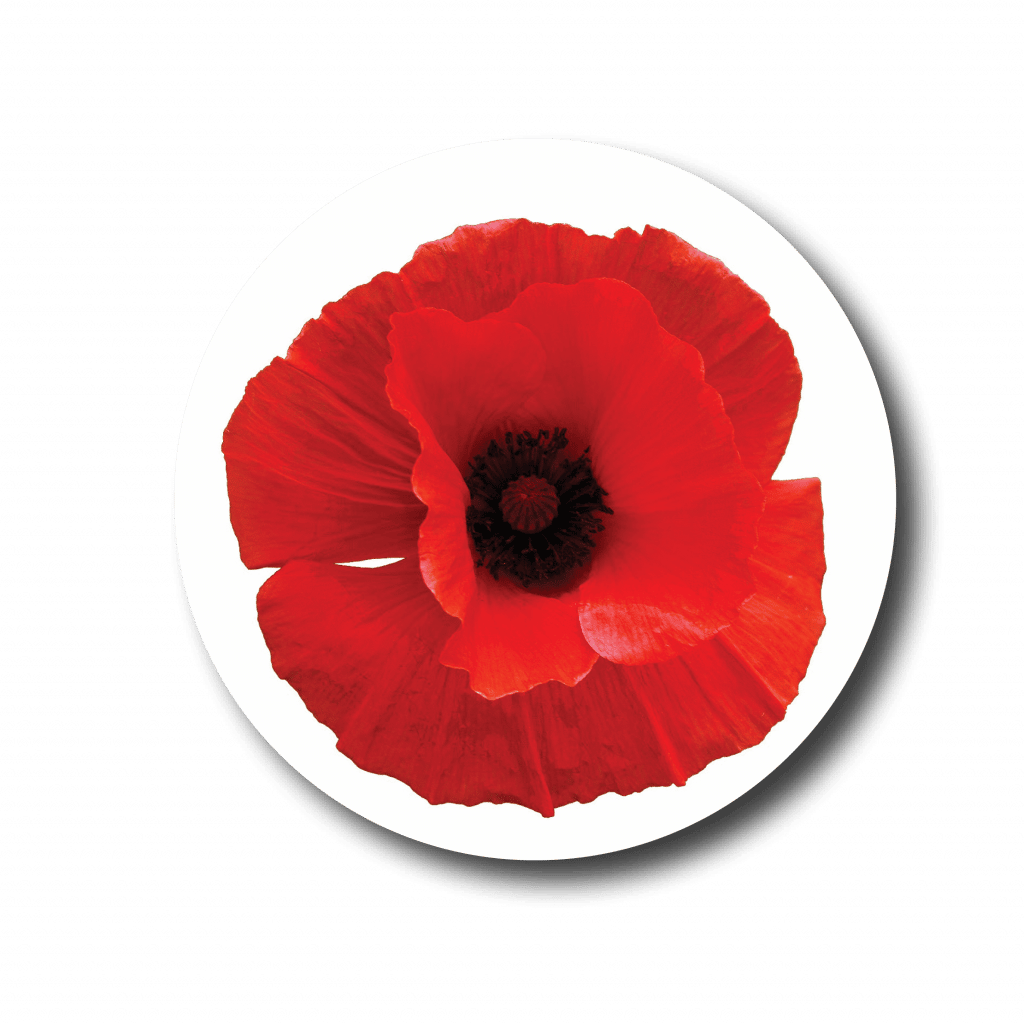
Answer: Possibly, but not likely.
Heroin is a derivative of morphine, the active ingredient in opium obtained from the opium poppy. Heroin also contains acetylcodeine, which your body converts to codeine. Traces of both morphine and codeine can also be found in the poppy seeds which are commonly used as ingredients in a variety of baked goods.
Until December 1, 1998, the National Institute on Drug Abuse (NIH) had set the cut-off concentration level for opiate urine tests at 300 ng/ml for the Federal Workplace Drug Testing Program. This standard urine screening was not able to reliably differentiate between poppy seed-eaters and opiate users based on concentration levels of opiates. That’s because eating a poppy seed bagel will produce an opiate level of approximately 250 ng/ml 3 hours later and ingesting 3 teaspoons of poppy seeds can result in a level of 1,200 ng/ml 6 hours later. The Department of Health and Human Services (HHS) conducted a study that examined the results of 317,500 urine specimens that were tested for opiates and reviewed by 3 Medical Review Officer (MRO) groups, as well as 1.1 million specimens from five certified laboratories. The MRO’s reportedly reversed 87% of all the positive urinalysis test results due to false positives attributed to poppy seed ingestion, prescription medication, or other reasons.
The laboratory results showed that approximately 81% of the specimens that tested positive for codeine and morphine had concentration levels under 2,000 ng/ml. As a result, NIH guidelines have been amended and cut-off levels for opiates have been increased to 2,000 ng/ml. The US military has set the cut-off level at 3,000 ng/ml to avoid false-positive results.
2. Exposure to second-hand marijuana smoke will result in a failed drug test.
This one is heard and repeated over and over.
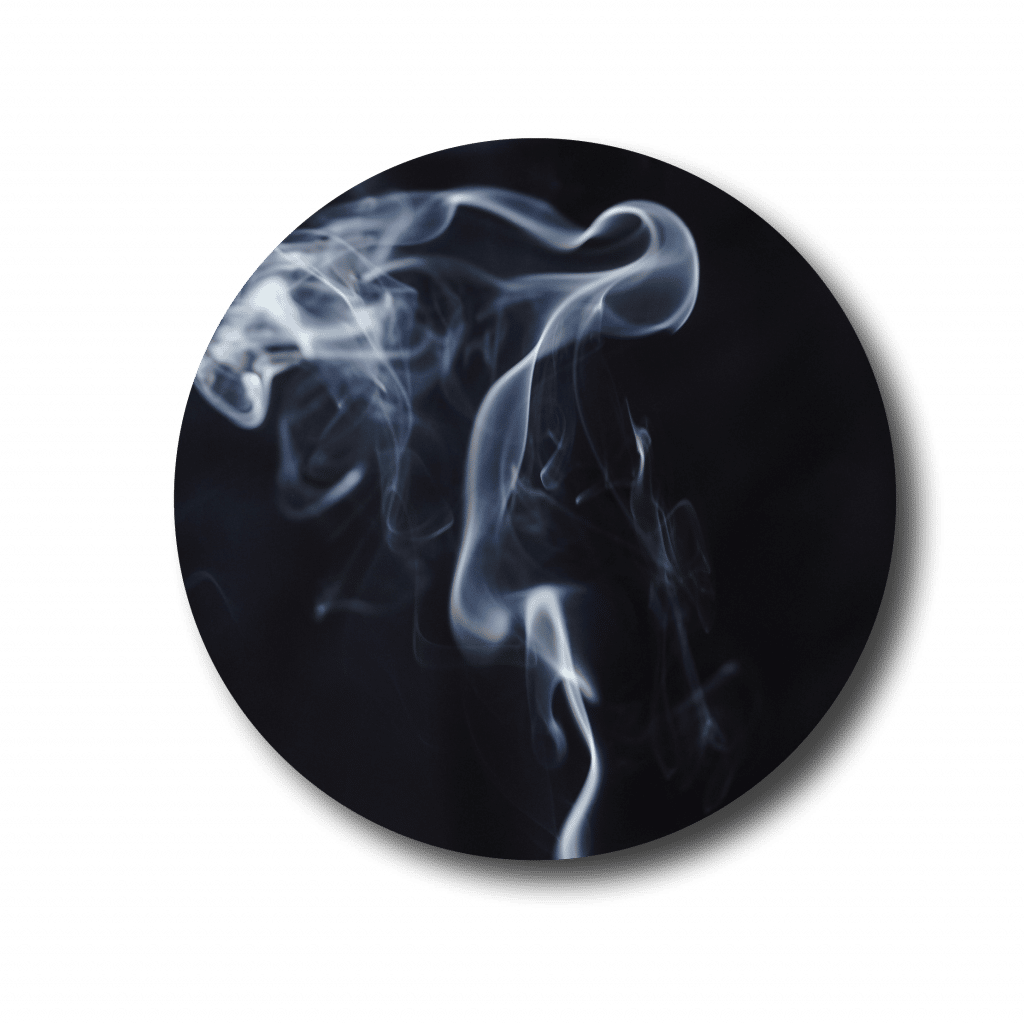
Answer: Highly unlikely unless your roommates are Cheech and Chong.
A recent study published by the National Institute on Drug Abuse (NIH) states that unless you are locked in an unventilated room for hours on end inhaling only marijuana smoke from other users, then testing positive from second-hand marijuana is most likely not going to happen. When non-smoking participants were placed in a room with cannabis users for 3 hours of continuous smoking, the non-smoking participants only had a small amount of THC present in their blood, which was well below the amount needed to fail a drug test
3. Drinking lots of water will help participants pass their test.
We all know that drinking lots of fluids will make you pee, but will you pee clean?
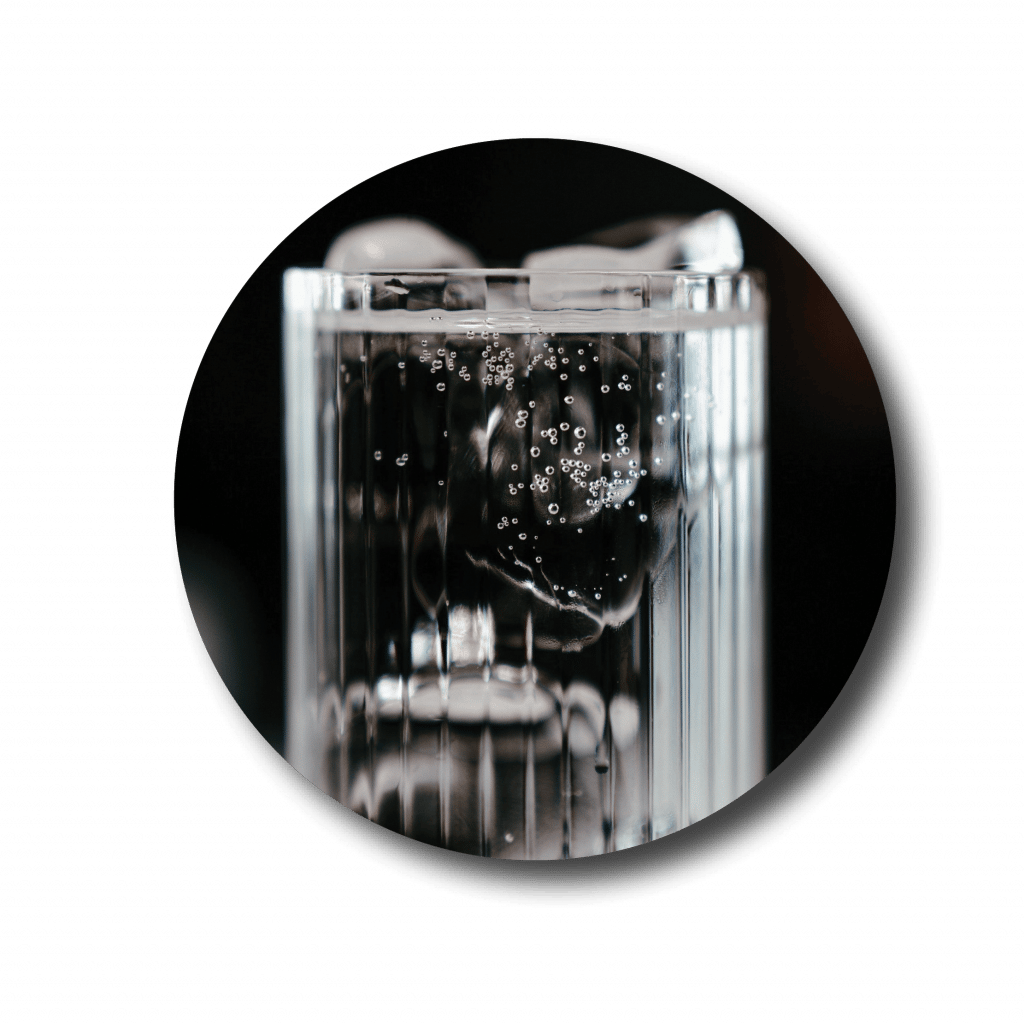
Answer: Sort of.
One of the most common and persistent “pass your drug test” myths involve drinking a lot of water which, a process known as “dilution,” which is supposed to speed up the body’s metabolism and flush the signs of drug use out of one’s system. This actually sort of works; drinking lots of water does make it harder to detect THC and other drugs still lingering in the body; however, the use of dilution and adulterant testing identifies these situations. Depleted creatinine levels are a sign that something just is not right with the sample. If creatinine levels in a person’s urine are below normal, more extensive testing is performed and drug use can be revealed.
4. If someone eats or drinks __, they’ll cleanse their body of drugs, won’t it?
And for some reason, the blank is never filled in with chocolate.
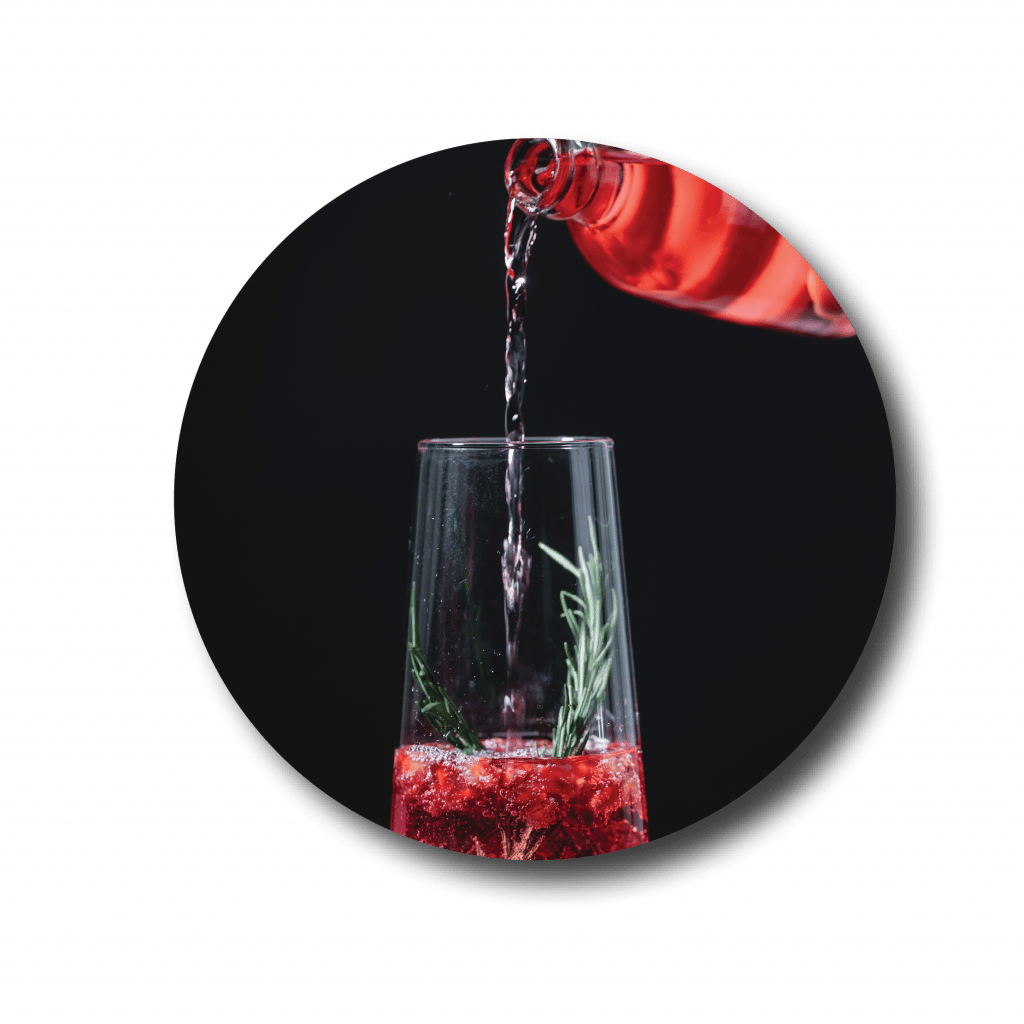
Answer: False
There’s nothing you can fill that blank with to make the statement true. Although there are many websites claiming that they’ve found the secret way to pass a drug test, there is nothing that someone can put in their system to get rid of the drugs. There might be ways to create a false negative (see myth 3), but drug testers are trained to look for any signs of manipulation. Not doing drugs is still the best and only way to ensure a negative result.
5. Marijuana is legal now, so employers can’t test for it.
I know because my friend told me so.
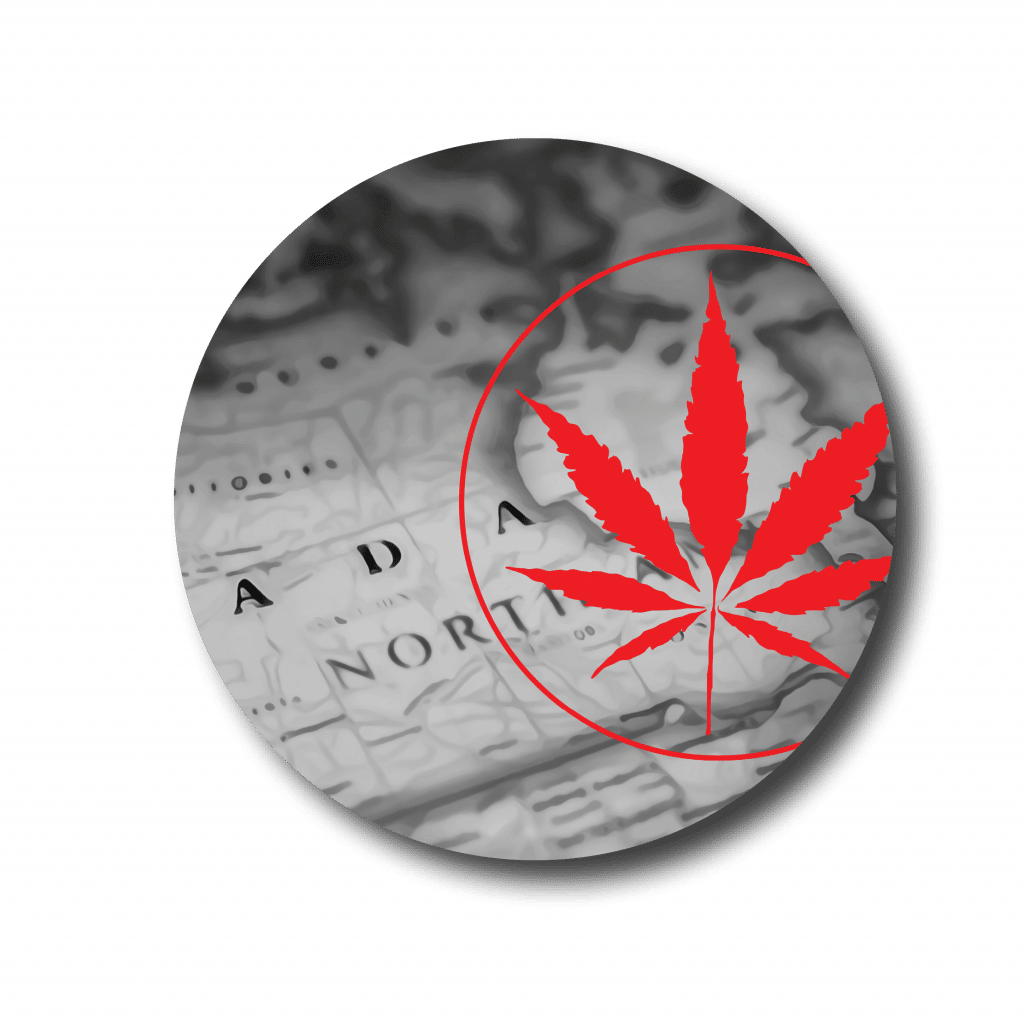
Answer: False
While recent legislation has legalized the use of marijuana for medicinal and recreational purposes, this does not provide a defence for marijuana usage with your current or potential employer. Regardless of the legality of marijuana, THC still represents a heightened safety risk, which the employer is justified (and legally obligated under Section 217.1 of the Criminal Code) to address.
Sorting through misinformation on drug and alcohol testing can be tricky. Luckily, SureHire has a team of experts here to answer your questions and to help you and your employees navigate through the testing process. If you need answers, contact us. A member of our team would be happy to speak with you. And, don’t forget to browse through our online courses and register for training today!

Our Newsfeed is regularly updated with articles from SMEs across North America. Interested in learning more about a particular topic? Click here to submit a topic suggestion.
